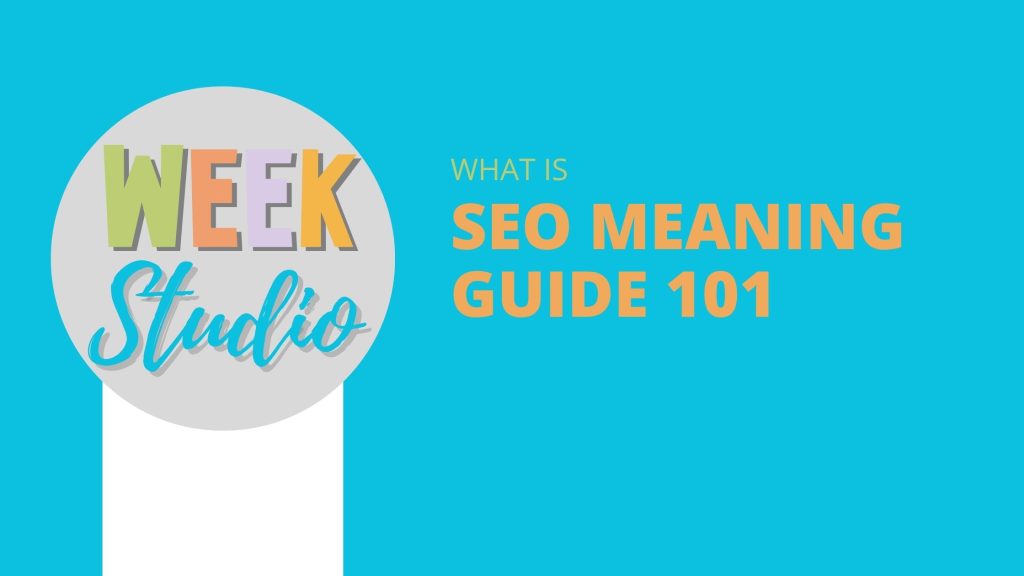In the dynamic and ever-evolving landscape of the internet, where information flows ceaselessly and websites jostle for user attention, Search Engine Optimization (SEO) emerges as the guiding force that determines digital visibility and success. Understanding the profound meaning of SEO is akin to wielding a powerful tool that unlocks the doors to higher search rankings, increased organic traffic, and overall online prowess.
SEO, in its essence, is the strategic art and science of optimizing a website to enhance its visibility on search engine results pages (SERPs). As we embark on this journey to unravel the depths of SEO, it’s paramount to recognize the pivotal role it plays in the digital era. Whether you’re a business owner, a content creator, or an individual seeking an online presence, delving into the meaning and intricacies of SEO is not just beneficial—it’s a necessity for thriving in the competitive online landscape.
We will navigate through the evolution of SEO, explore its multifaceted components, and shed light on how it has become the linchpin of online success. Join me on this journey as we demystify the world of SEO and empower ourselves with the knowledge to harness its full potential.
What Is SEO And How Does It Works?
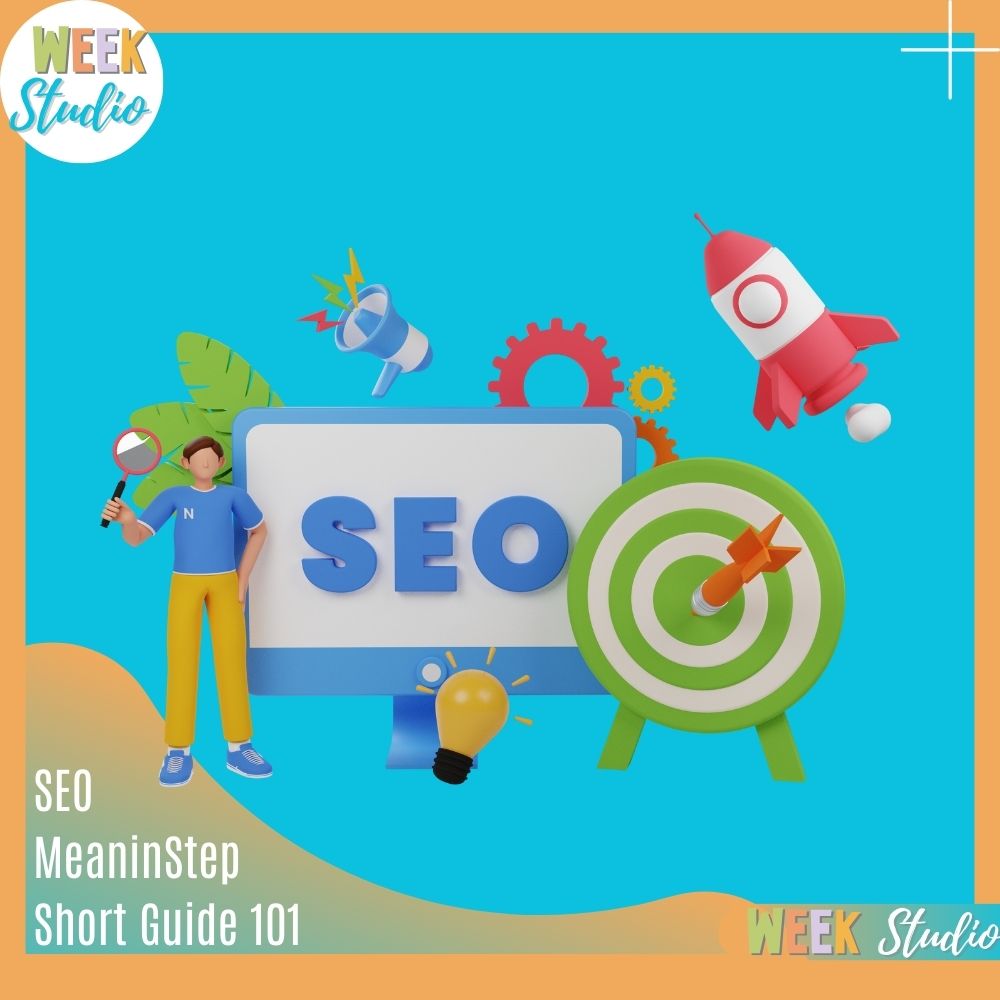
In the vast digital expanse, Search Engine Optimization (SEO) is the engine that propels websites to the forefront of search engine results, ensuring they are not lost in the vast sea of online content. At its core, SEO is a set of practices and strategies designed to improve a website’s visibility on search engines like Google, Bing, and Yahoo.
The Purpose of SEO
The primary objective of SEO is to enhance a website’s ranking in organic search results, meaning results that are not paid advertisements. This visibility translates into increased traffic, credibility, and potential conversions.
How SEO Works
Understanding how SEO works involves unraveling the intricate algorithms employed by search engines and aligning your website with the factors these algorithms prioritize. Search engines use automated programs, commonly known as crawlers or spiders, to browse the web and collect information from websites. This process involves crawling through web pages, following links, and indexing the content. Indexing is akin to creating a vast library where the search engine catalogues information for future retrieval.
Search engines deploy complex algorithms to analyze the indexed data and determine the relevance of each web page to specific search queries. These algorithms consider various factors to rank pages, ensuring that users receive the most relevant and valuable results. This includes optimizing HTML elements like title tags, meta descriptions, and header tags (H1, H2, H3). Quality content, keyword optimization, and a user-friendly experience are paramount.
Beyond the confines of your website, off-page SEO involves building authority and credibility through activities like link-building, social media signals, and mentions from other reputable websites. These external factors contribute significantly to your site’s perceived value by search engines. Keywords act as the bridge between user intent and your website. Conducting thorough keyword research and strategically incorporating these keywords into your content ensures that your pages align with what users are searching for.
Technical SEO addresses the behind-the-scenes elements that impact a website’s performance, such as site speed, mobile-friendliness, and crawlability. Ensuring a technically sound website enhances the user experience and aligns with search engine preferences.
SEO, in its entirety, is a dynamic and multifaceted approach to improving a website’s visibility on search engines. By comprehending the nuances of crawling, indexing, algorithms, on-page and off-page optimization, keyword relevance, and technical aspects, you can craft a robust SEO strategy that not only propels your website to the top but also ensures it stays there, commanding attention in the competitive online arena. As we delve deeper into the various facets of SEO, you’ll gain insights into the strategies and best practices that can elevate your digital presence to new heights.
How Do I Start SEO For Beginners?
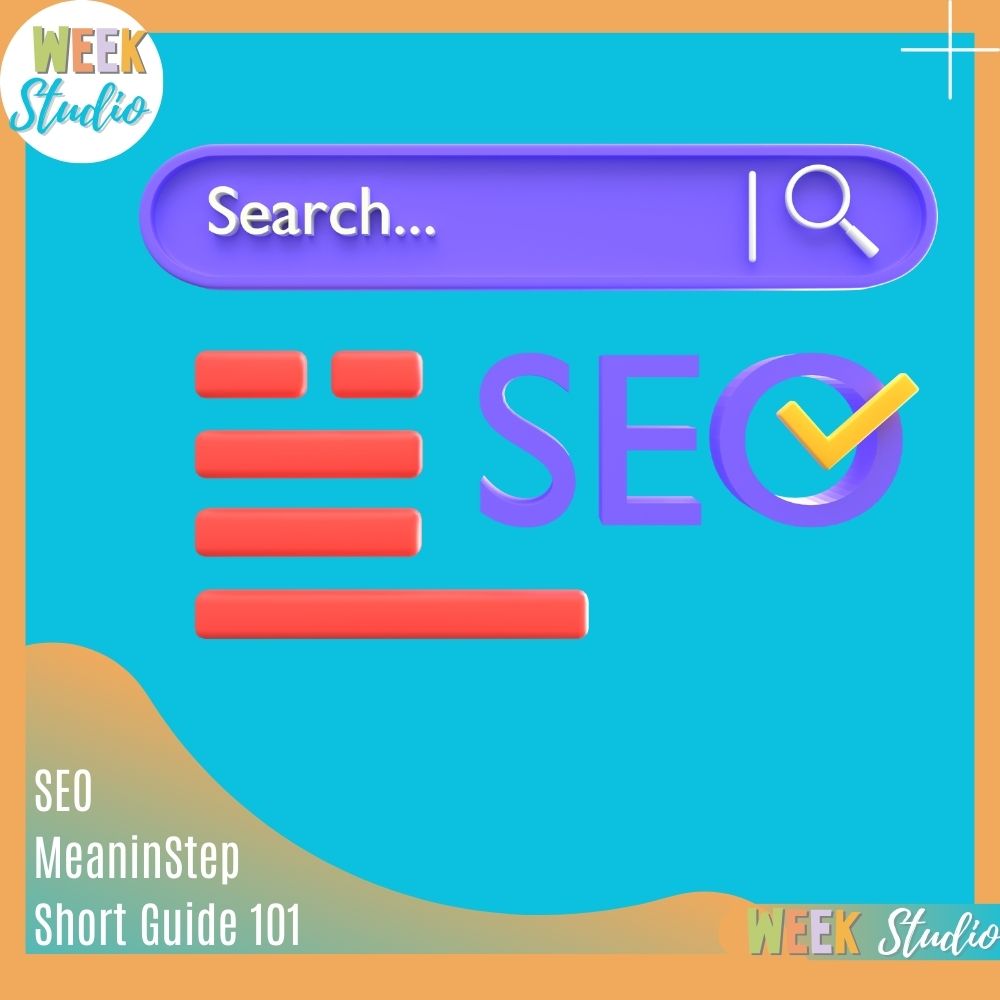
The first step in SEO is to research your keywords. This involves finding keywords that are relevant to your website and that you want to rank for. You can use a variety of tools to help you find keywords, such as the Google AdWords Keyword Planner and the Google Search Console.
Once you have identified some keywords, you will need to incorporate them into your website. This can be done in a number of ways, such as including them in your website’s title tag, meta description, and header tags.
sure your site is coded in a way that allows search engines to easily find and index your content. You can do this by using keywords in your titles, metatags, and throughout your text. You can also use external linking strategies to help boost your site’s ranking.
Once your website is optimized, you can start generating traffic through organic search engine results. This will involve creating high-quality content that is relevant to your target audience and using effective SEO techniques.
Measure your results
Once you’ve started optimizing your website and generating traffic, it’s important to measure your results. This will help you determine whether your efforts are yielding the desired results. You can use a variety of methods to track your website’s traffic and conversions, including Google Analytics and other web-based measurement tools.
If you’re not seeing the results you want, you can make changes to your optimization strategy until you achieve the desired result. SEO is a long-term strategy that requires patience, effort, and constant optimization. The best way to start is by understanding the basics of SEO and by creating quality content that will rank high in search engine results.
There are many factors that go into SEO, and the best way to learn is by experimenting and trying different techniques. There are many free resources available online, and most SEO professionals are happy to share their knowledge. The best way to learn SEO is to start small and gradually increase your efforts. There are many different techniques that can be used, so it’s important to find what works best for you and your website.
What Is SEO In Business?
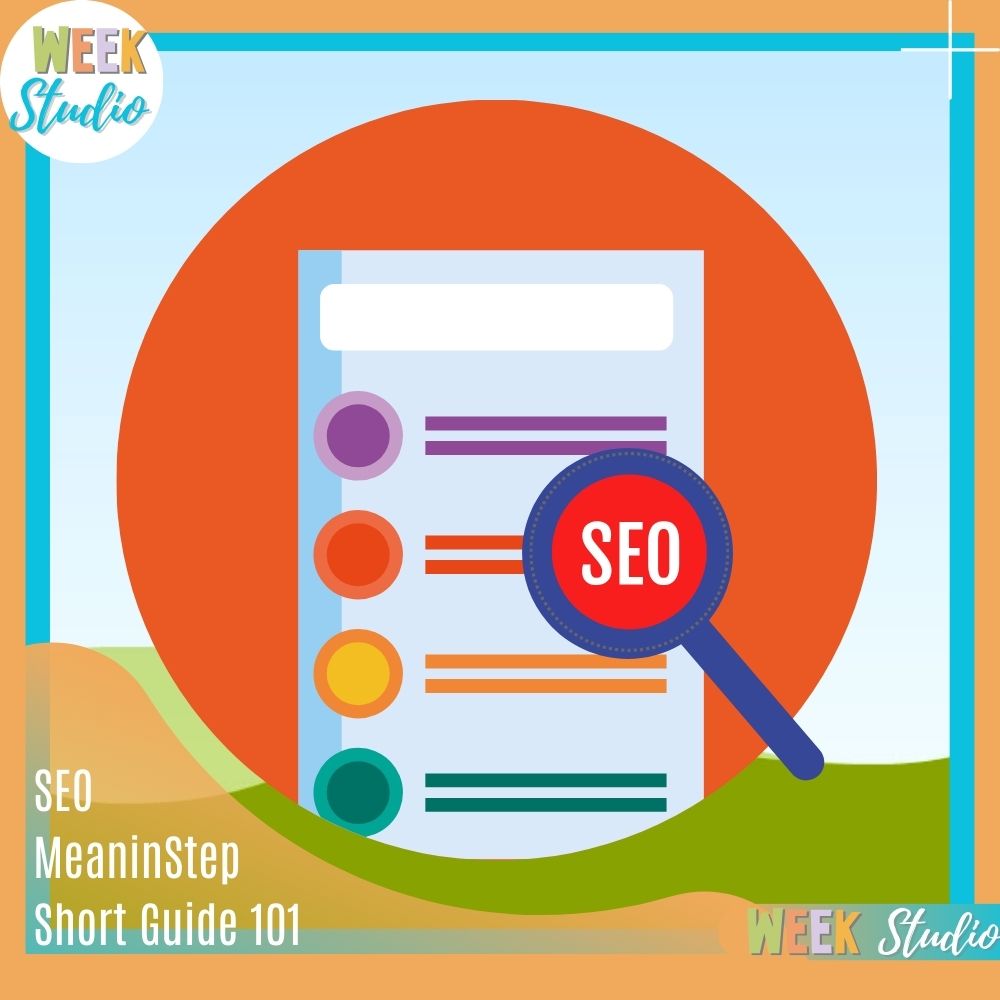
SEO is a long-term process that requires a lot of work. It is important to remember that SEO is not a one-time thing, it needs to be done on a regular basis. There are a number of things that can be done to improve the ranking of a website, including optimizing the website content, improving the website structure, and building backlinks.
SEO is an important part of any business website. By optimizing a website for the search engines, businesses can attract more visitors and increase their sales. If you’re running a business, you know that you need to be found online. But what does that mean for your website? Simply put, search engine optimization, or SEO, is the process of improving the ranking of your website on search engines. The higher your website is ranked, the more likely people are to find it.
Especially important for small businesses. That’s because small businesses often don’t have the budget to advertise their website through traditional means, like television or radio. SEO is a cost-effective way to get your website in front of potential customers. But what goes into SEO? There are a number of factors that contribute to your website’s ranking, including the quality of your content, the number of links to your website, and the age of your website. But the most important factor is the keywords that you target.
What Is SEO Skill?
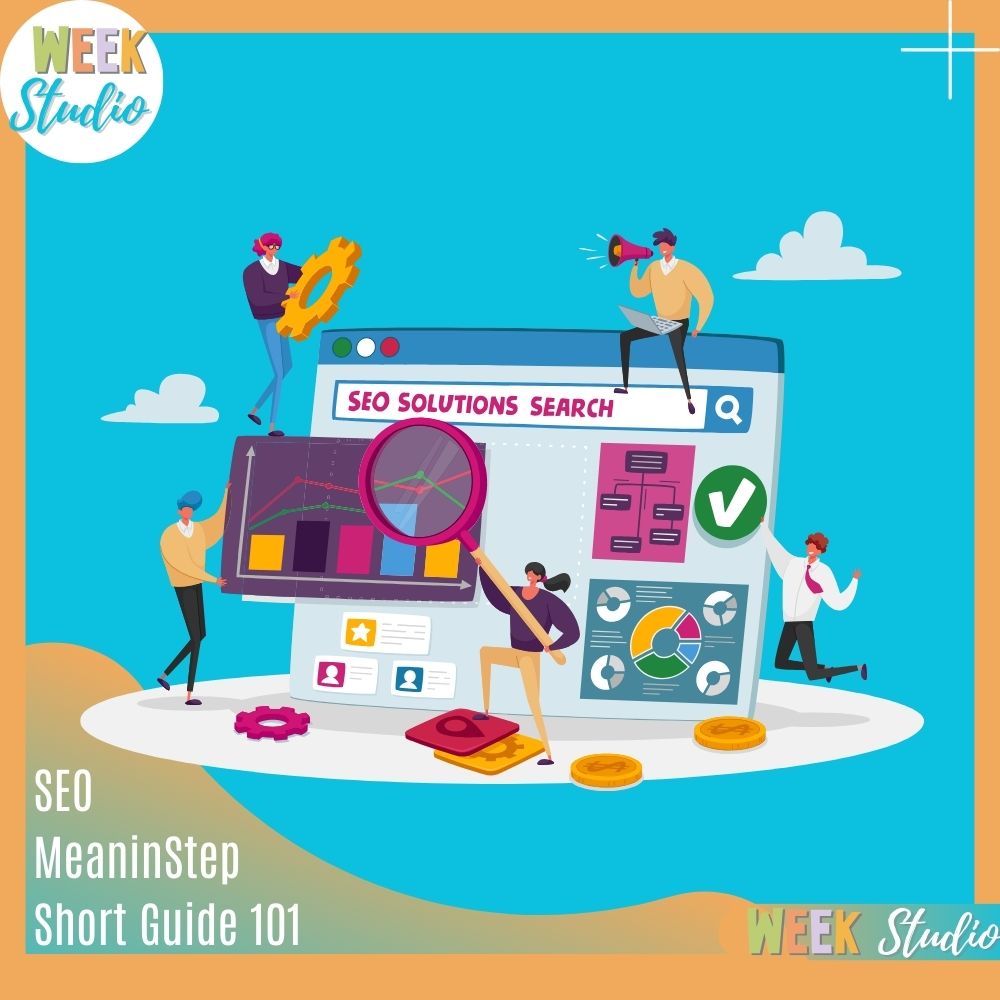
SEO skill is the ability to optimize a website for search engines. This involves improving the site’s content, structure, and on-page elements like titles, metatags, and anchor text. Good SEO skills can help a site rank higher in search engine results pages, resulting in more website visitors.
SEO is an important part of online marketing, and it’s important to have someone on your team who knows how to optimize your website for search engines. If you’re looking for someone with SEO skills, look for someone who is knowledgeable in all aspects of SEO, including on-page optimization, link building, and keyword research.
When looking for an SEO specialist, be sure to ask for references and case studies to see how they have helped other businesses achieve better search engine rankings. Also, be sure to ask about their experience with the latest SEO trends, such as semantic search and voice search.
How Much Is SEO Per Month?
The answer to this question depends on a lot of factors, including the size of your business, the competitiveness of your industry, the amount of work you need done, and your budget. That said, SEO is not a one-time investment; it’s an ongoing process that requires regular upkeep and maintenance if you want to stay ahead of the competition.
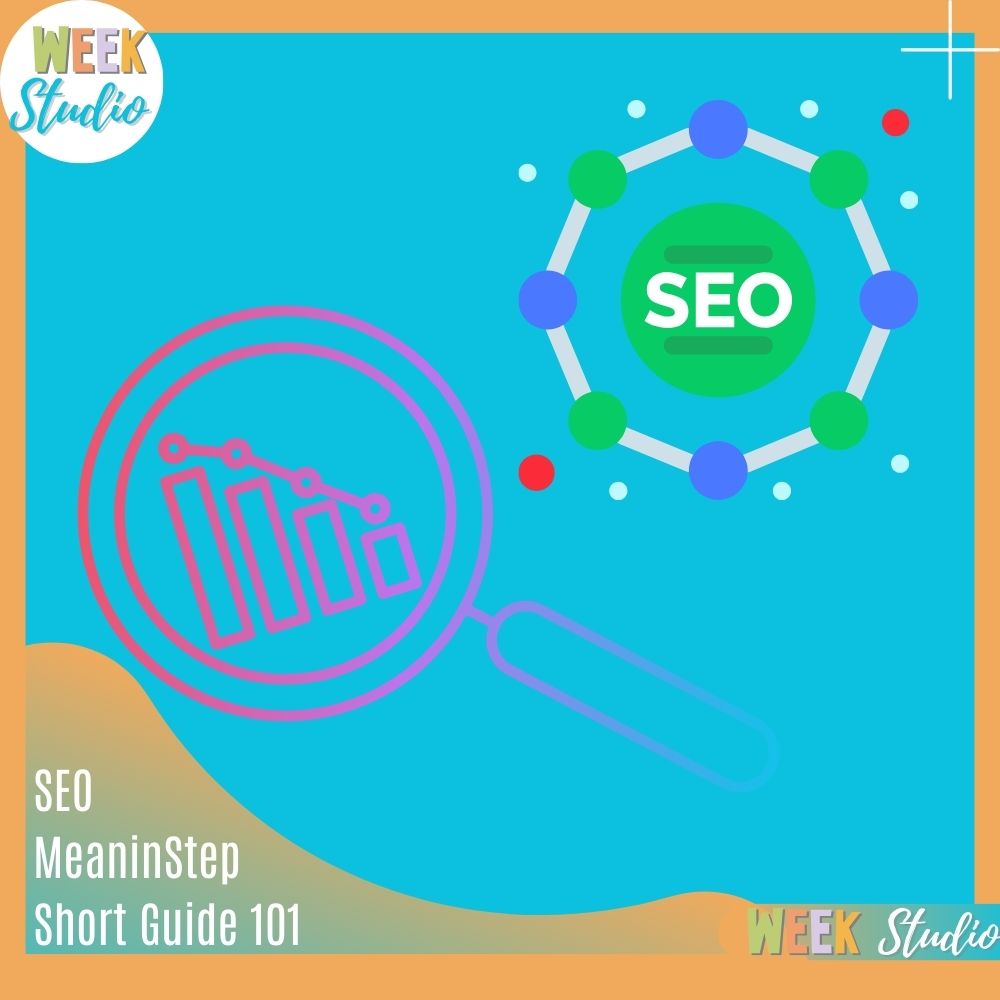
Generally speaking, the more work you need done, the more you’ll have to pay for SEO services. However, there are a number of things you can do to keep costs down, including:
- Doing some of the work yourself: There are a number of SEO tasks you can do on your own, such as keyword research, competitor analysis, and link building.
- Hiring an SEO consultant: If you don’t have the time or knowledge to do the work yourself, you can hire an SEO consultant to help you with specific tasks or to manage your entire SEO campaign.
- Choosing the right consultant: When you’re looking for an SEO consultant, it’s important to choose one who has a lot of experience and knows what they’re doing. You should also make sure that the consultant you choose is up to date on the latest changes to the search engine algorithms.
- What to expect: Generally, an SEO consultant will work with you to improve your website’s ranking in search engine results pages (SERPs). They will help you develop a strategy, implement it, and track the results.
- Cost: SEO services can vary in price, depending on the consultant’s experience and the services you require. Generally, you can expect to pay anywhere from $50 to $200 per hour for SEO services.
SEO is an ongoing process that requires a lot of effort and time to achieve desired results. The cost of SEO services will vary depending on the size and complexity of your website, the amount of work needed, and the level of competition in your industry. Generally, you can expect to pay around $1,000 – $5,000 per month for a professional SEO service. However, it’s important to remember that SEO is an investment that can provide a high return on investment if done correctly. With the right SEO strategy, you can see a significant increase in website traffic, leads, and sales.
Components of SEO
Understanding the intricate components that make up SEO is crucial for anyone aiming to optimize their online presence. Let’s delve into the core aspects that contribute to the effectiveness of a comprehensive SEO strategy.
Keywords and Their Role
Keywords are the foundation of SEO. Identifying and strategically incorporating relevant keywords in your content helps search engines understand the topic and intent of your pages. However, the approach has evolved, and modern SEO emphasizes user intent, semantic search, and natural language processing.
SEO Best Practices
SEO best practices encompass a range of techniques aimed at optimizing your website ethically and efficiently. This includes creating high-quality content, improving website speed, ensuring mobile responsiveness, and enhancing user experience. Adhering to best practices ensures long-term success in search engine rankings.
SEO Tools for Success
Numerous tools aid in executing a successful SEO strategy. From keyword research tools like SEMrush and Ahrefs to analytics tools like Google Analytics, these instruments provide valuable insights into website performance, keyword trends, and user behavior. Leveraging these tools can significantly enhance the effectiveness of your SEO efforts.
Common SEO Mistakes to Avoid
Embarking on your SEO journey requires a keen awareness of prevalent mistakes that can undermine your efforts. One common pitfall is the outdated practice of keyword stuffing. In the early days, saturating content with keywords was considered a shortcut to higher rankings. However, modern search engines prioritize natural, user-friendly content. The act of keyword stuffing not only looks unnatural but can also result in penalties from search engines.
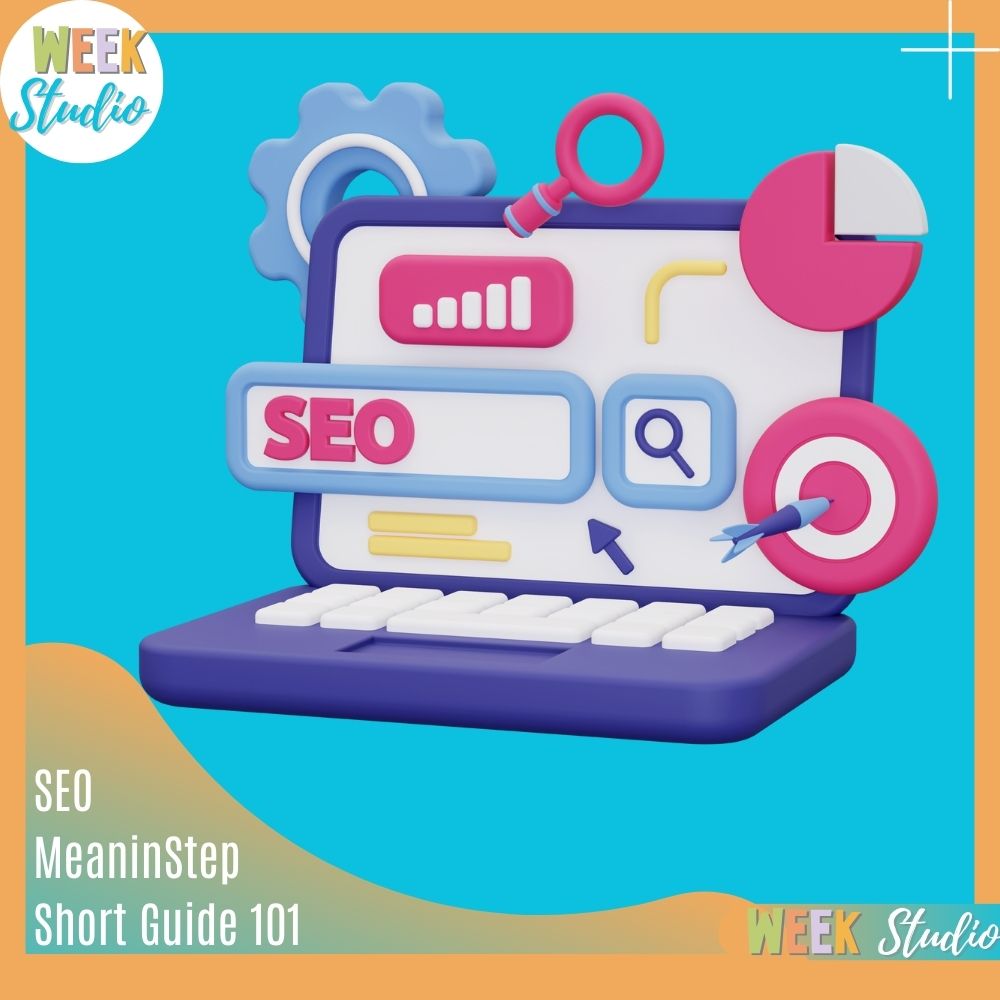
Another crucial aspect is mobile optimization. With the ubiquity of mobile devices, search engines place significant importance on mobile-friendly websites. Neglecting mobile optimization not only impacts user experience but also influences search rankings. To ensure your website’s success, it’s essential to make it responsive, offering a seamless experience across various devices.
The quality of backlinks is paramount in SEO. While backlinks are crucial, not all links are created equal. Quality should always trump quantity. Focusing on obtaining high-quality, relevant backlinks is more beneficial than accumulating a large number of unrelated links. Ignoring issues such as slow page speed, broken links, or improper redirects can hinder your site’s performance. Regularly auditing and addressing technical issues ensure a smooth user experience and improved search rankings.
Neglecting to optimize for local search terms, claim your Google My Business listing, and gather positive local reviews can result in missed opportunities to connect with nearby customers. Focusing solely on search engines and neglecting users is a common mistake. While the ultimate goal of SEO is to please search engines, it’s crucial to remember that your content is meant for users. Creating content solely for search engine algorithms, without considering user intent and experience, can lead to high bounce rates and decreased rankings.
Lastly, staying informed about algorithm updates is essential. Search engine algorithms are constantly evolving, and not keeping up with these changes can lead to a decline in rankings. Regularly monitoring industry news and adapting your SEO tactics accordingly is crucial for sustained success.
SEO Trends in 2023
Staying abreast of SEO trends is paramount in a rapidly evolving digital landscape. Voice search optimization, video content, and the continued importance of user experience are some trends shaping SEO in 2023. Adapting to these trends ensures your SEO strategy remains effective and future-proof.
Understanding these components lays the groundwork for a robust SEO strategy. As we explore each aspect in detail, you’ll gain insights into optimizing your website for both users and search engines. Stay tuned for practical tips and actionable advice to elevate your SEO game.
Conclusion
In conclusion, understanding the meaning of SEO is paramount for anyone navigating the digital landscape. It’s not merely about optimizing your website for search engines; it’s about crafting a digital presence that resonates with your audience. From the intricacies of on-page and off-page optimization to the ever-evolving trends and tools, SEO is a dynamic journey towards visibility and relevance.
As the digital realm continues to evolve, embracing SEO best practices becomes a necessity rather than an option. Brands and individuals alike must adapt to the changing algorithms and consumer behaviors to stay ahead in the online game. Remember, SEO is not a one-time fix; it’s an ongoing strategy that requires dedication and a keen understanding of your target audience.
So, whether you’re a seasoned digital marketer or just stepping into the online arena, grasp the SEO meaning, implement best practices, and watch your digital presence flourish.
FAQs About SEO
- 1. What exactly is SEO? is long term and Internet marketing marathon, The goal is to increase organic (non-paid) traffic to your website by enhancing its relevance and authority.
- 2. How long does it take to see results from SEO efforts? The timeline for SEO results can vary based on several factors, including the competitiveness of your industry, the quality of your content, and the effectiveness of your optimization strategies.
- 3. Are keywords still important for SEO in 2023? Yes, keywords remain a crucial element of SEO. However, the approach has shifted from keyword stuffing to creating high-quality, relevant content that naturally incorporates key terms. Search engines now prioritize user intent over exact keyword matches.
- 4. Can I do SEO on my own, or do I need professional help? While basic SEO practices can be implemented by individuals, the complexity of SEO strategies often requires expertise. Hiring a professional SEO service can ensure a comprehensive approach, keeping up with industry trends and algorithm changes.
- 5. Is social media important for SEO? While social media itself doesn’t directly impact SEO rankings, it plays a significant role in promoting content and driving traffic to your website. Social signals, such as shares and likes, can indirectly influence search engine rankings by enhancing your online visibility.
These FAQs provide a glimpse into the multifaceted world of SEO, offering insights that can guide you on your journey to digital success. If you have more questions or need tailored advice, feel free to explore further or consult with an SEO expert.
